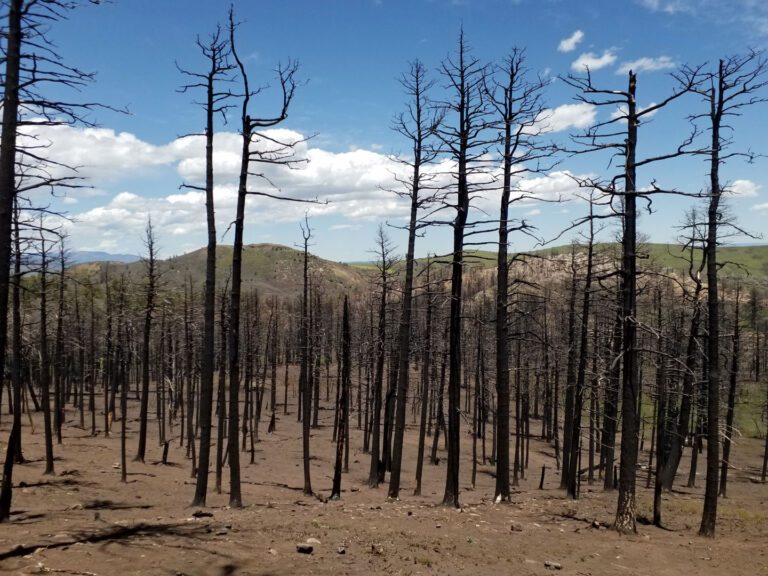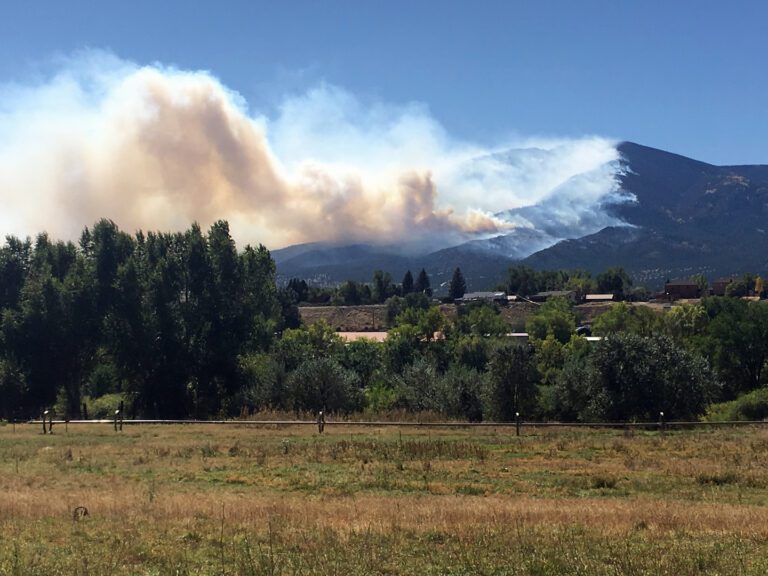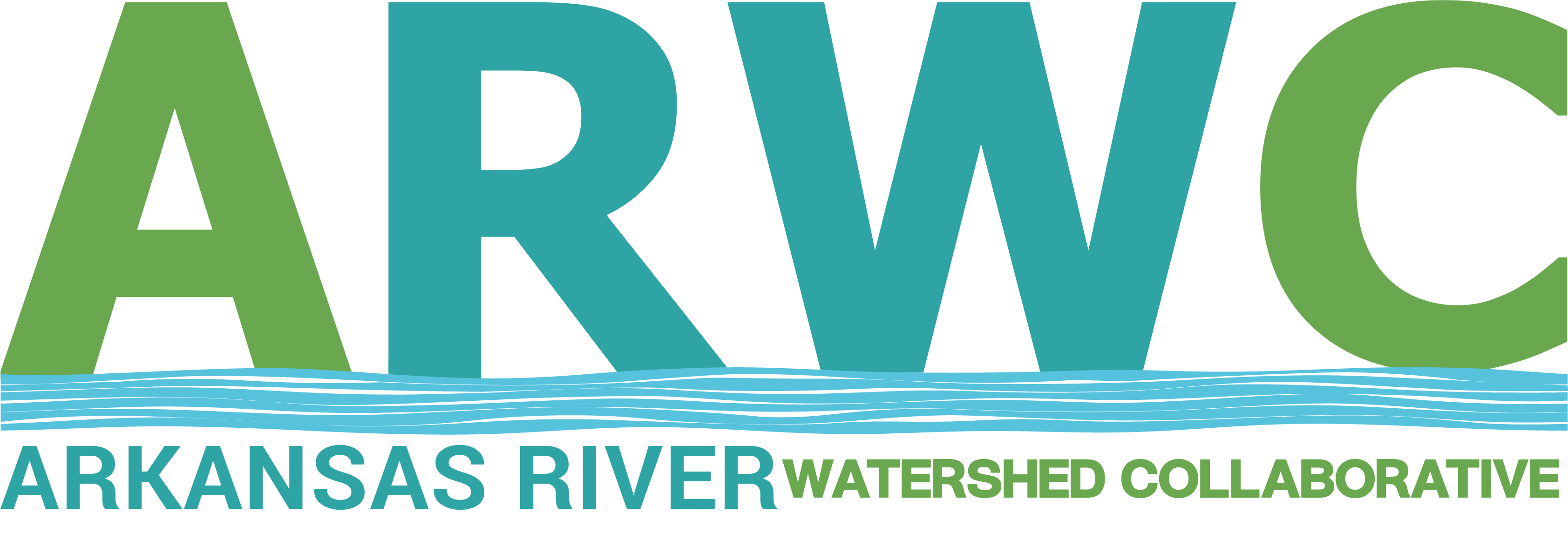Post-Fire Recovery Projects
Make a Donation
Completed Projects
Providing swift and effective response when our landscapes are impacted by fires
Wildfire reshapes the land and communities long after the flames are gone. Rain on burned soils causes flooding that can persist for years, while fire naturally clears dead material, releases nutrients, and promotes diverse wildlife habitats. However, when fires are suppressed, fuel builds up, leading to more intense blazes that damage soils and increase erosion, threatening downstream safety and delaying recovery.
Communities affected by wildfires face ongoing risks to their homes, roads, and water supplies from post-fire flooding. Stripped of vegetation, hillsides can’t absorb rainfall, leading to unstable soils and debris flows.
To address these challenges, ARWC partners with fire-impacted communities in the Arkansas Basin on recovery and forest health projects. Our efforts focus on stabilizing soils, reducing erosion, and making forests and communities more resilient to future wildfires. Learn more about our work in areas affected by the Hayden Pass, Spring Creek, and Decker Fires.
Current Project Highlight
No results found.
Learn More
Completed Fire Recovery Projects

Restoring Resilience in the Aftermath of the Spring Fire
The 2018 Spring Creek Fire, one of Colorado’s largest wildfires, devastated over 108,000 acres near La Veta, destroying homes and damaging critical watersheds. In response, the Arkansas River Watershed Collaborative (ARWC) and partners launched a series of ambitious restoration projects to protect vital water resources and strengthen community resilience. Discover how collaboration has driven recovery efforts in the aftermath of this disaster.oration in the face of disaster.

Restoring Resilience in the Aftermath of the Decker Fire
On September 8, 2019 lightning ignited the Decker Fire which burned nearly 9,000 acres just south of Salida, Colorado. ARWC collaborated with local partners to assess the impact and design and implement recovery needs.
